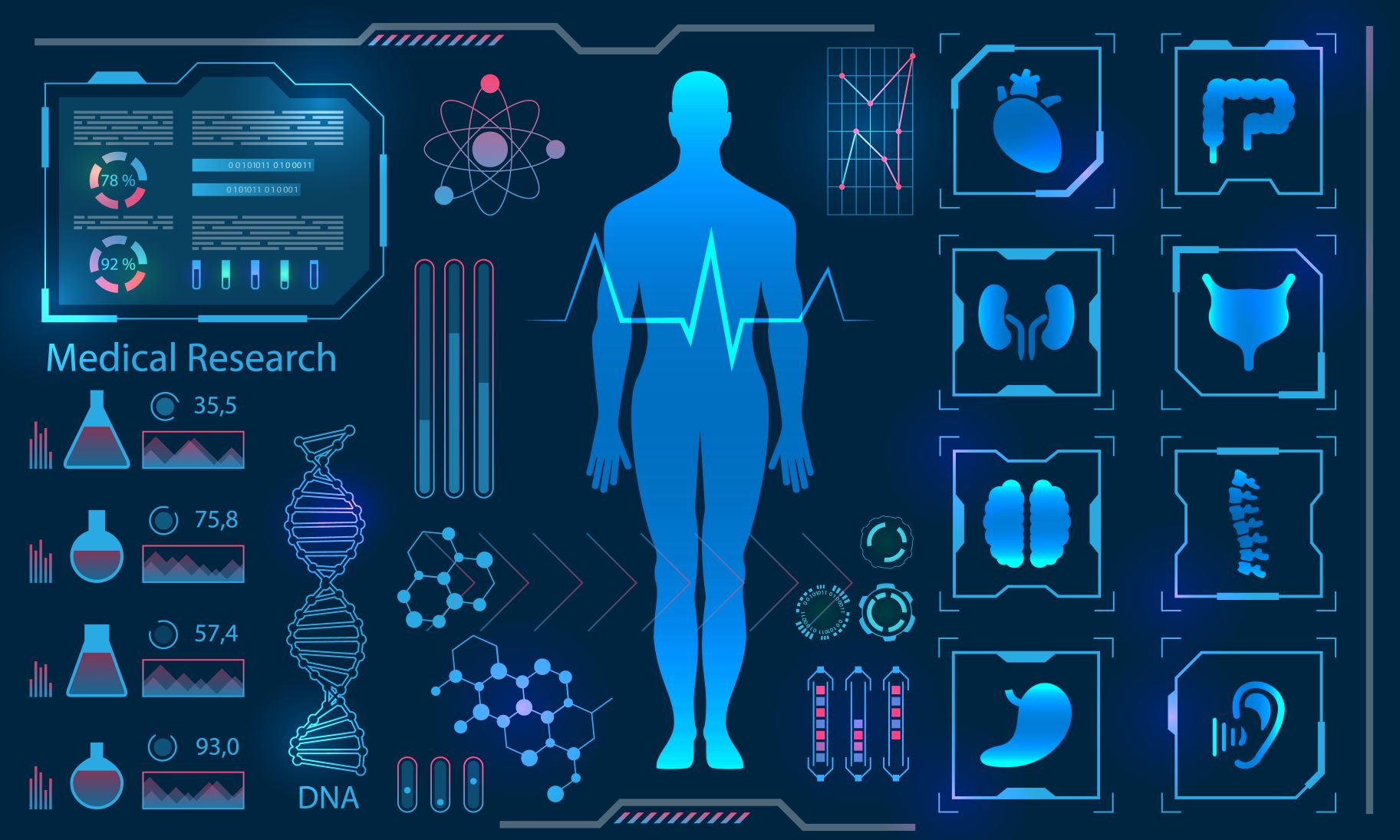Global Promise contributors have shared their thoughts about precision medicine — Johns Hopkins’ approach to it and how it’s helping us to create personalized 3D virtual replicas, among other innovative applications.
Precision medicine is essential for those of us who are interested in improving health and health care while also minimizing cost and confusion.
In this post, I hope to chip away at the common (mis)perception that precision medicine is interchangeable with genetics or genomics. Precision medicine does include genetic medicine, but it’s far more. Our view of precision medicine recognizes that the care of individual patients requires a broad knowledge of their physiology, genetics, environment, behavior and all the other factors that influence health and disease.
At Johns Hopkins, we take precision medicine to mean using the most modern science — including biomedical and data science — to care for patients as individuals. To broach this topic at JHI, I recently encouraged our entire staff to read an opinion piece by Johns Hopkins experts regarding what precision medicine more fully means.
In it, our colleagues Antony Rosen and Scott Zeger suggest that precision medicine is a way to reimagine medicine. And they argue that a reimagining is way past due if we are going to rectify the $1 trillion wasted each year by basing clinical decisions on inadequate data and by maintaining our country’s inherently inefficient fee-for-service care model.
Rosen and Zeger encourage a much swifter adoption of advanced technologies and increased computational power to generate very precise measurements and analyses of health data related to individuals and to broader populations, however we choose to define them.
We can gather large quantities of longitudinal data about the people we treat to create a scientific framework to guide patients in decisions related to their health state, disease trajectory and best bet for treatment. By developing better measurements of each patient, the data will uncover disease subgroups, and we can more precisely target care that has produced clinically relevant outcomes for patients with similar conditions.
Like Rosen and Zeger, I believe precision medicine is how we’re going to transform patient care. You can read more here about how Johns Hopkins is leading this charge.
